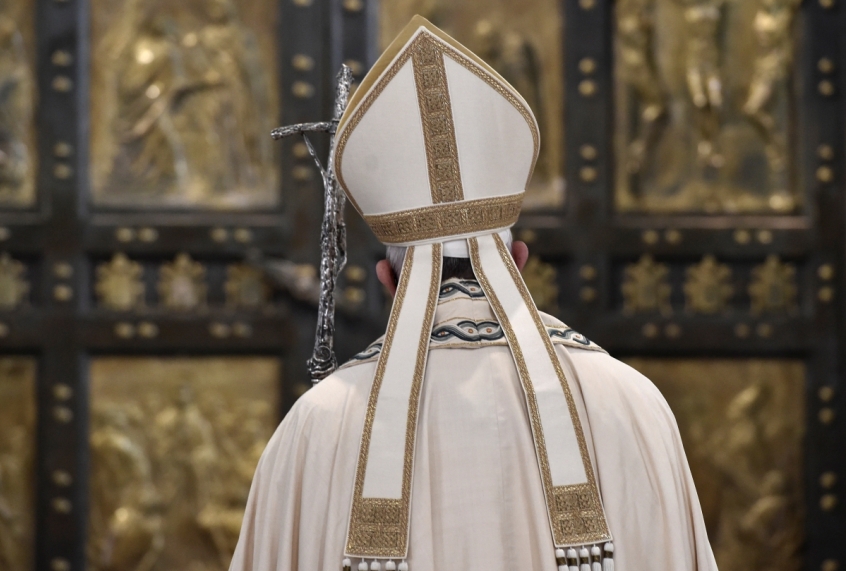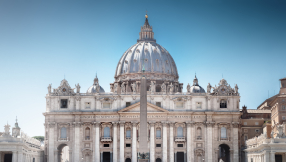
Pope Francis has concluded his Jubilee Year of Mercy with an extraordinary grant of permission to priests to continue absolving women who have had abortions.
The permission was initially given during the Year of Mercy only, but in an Apostolic Letter at the close of the year, he said the provision was "hereby extended, notwithstanding anything to the contrary".
Because abortion is held by the Church to be such a grave sin, absolution for it had previously been reserved for a bishop, who could either hear the woman's confession himself or delegate it to a priest who specialised in such confessions. However, Francis has today permanently extended it to rank and file priests.
Francis says: "I wish to restate as firmly as I can that abortion is a grave sin, since it puts an end to an innocent life. In the same way, however, I can and must state that there is no sin that God's mercy cannot reach and wipe away when it finds a repentant heart seeking to be reconciled with the Father. May every priest, therefore, be a guide, support and comfort to penitents on this journey of special reconciliation."
He also says he has extended the permission given to adherents of the breakaway traditional Society of Saint Pius X to receive the "sacramental absolution of their sins", "lest anyone ever be deprived of the sacramental sign of reconciliation through the Church's pardon".
The Apostolic Letter is an extended meditation on the quality of mercy and how it is expressed in the life of the Church and the world. It returns to many themes addressed by Francis during his papacy, some of which have led to clashes with conservatives who fear he is holding too lightly to traditional pastoral practice.
In his letter, he addresses priests and urges them to be "welcoming to all, witnesses of fatherly love whatever the gravity of the sin involved, attentive in helping penitents to reflect on the evil they have done, clear in presenting moral principles, willing to walk patiently beside the faithful on their penitential journey, far-sighted in discerning individual cases and generous in dispensing God's forgiveness".
Francis says: "Even in the most complex cases, where there is a temptation to apply a justice derived from rules alone, we must believe in the power flowing from divine grace."
He speaks of the scourges of hunger, the migration crisis, disease and the condition of prisons and says that mercy has a "social character" that "demands that we not simply stand by and do nothing".
Francis also proposes setting aside the 33rd Sunday in Ordinary Time of the liturgical year, falling in mid-November, as the World Day of the Poor. It would, he said, be a day to help Christians reflect on how poverty is at the heart of the gospel and would represent a "genuine form of new evangelisation".













